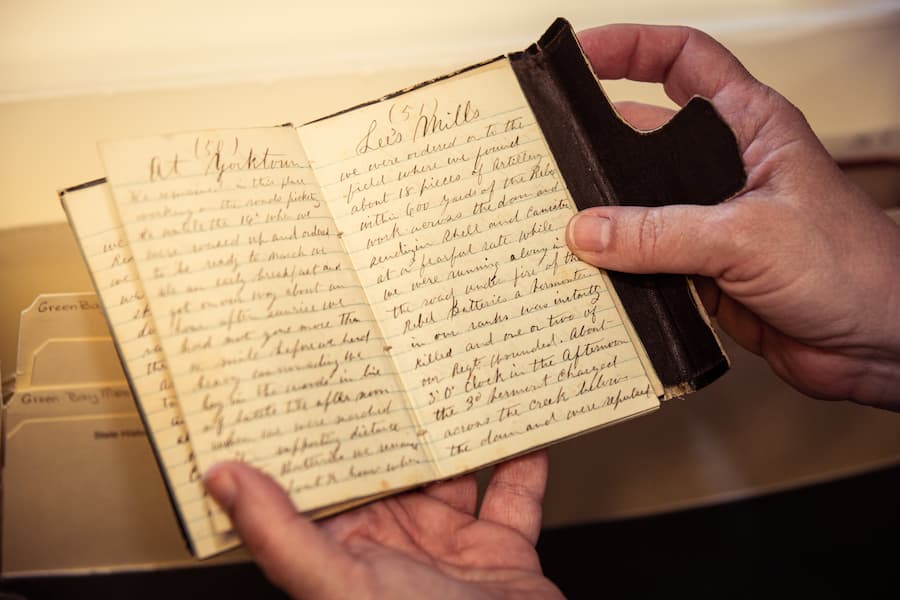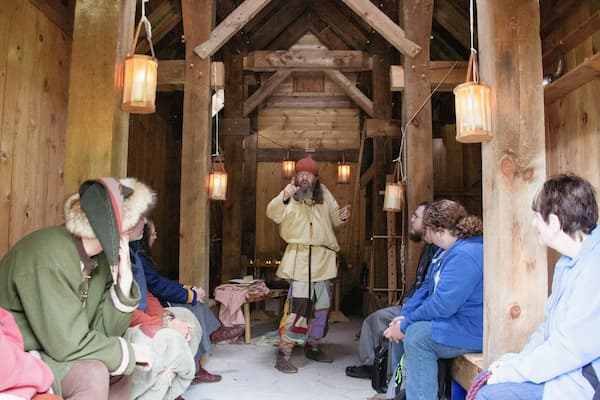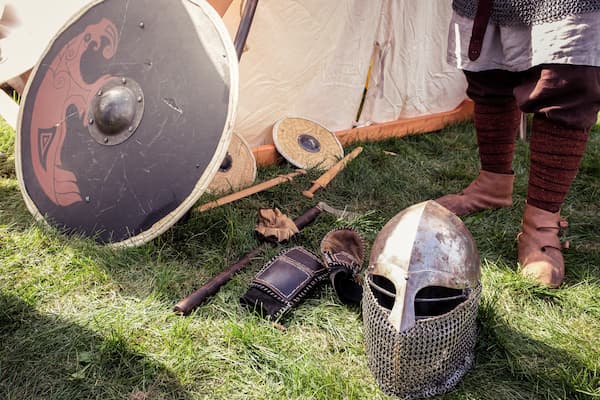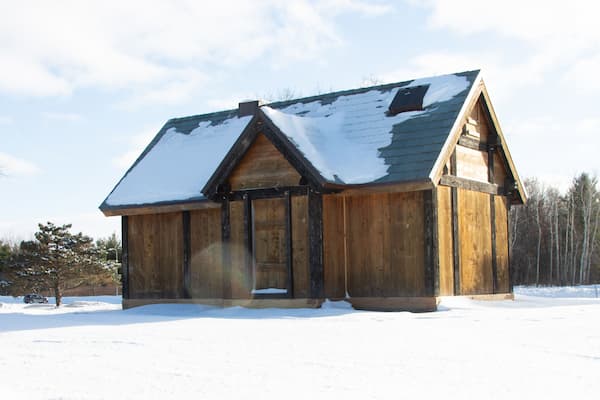MAJOR IN HISTORY
Pave The Way
Knowing what came before us is the key to a better future.
History is more than just what happened. It’s how people think about what happened, too. When you become a history major at UW-Green Bay, you’ll learn how to tell stories that document what humans were thinking and doing in the past, which is essential to understanding our present.

Phi Alpha Theta
Research and academia can be a lonely endeavor – Phi Alpha Theta seeks to combat that. More than 400,000 members support research, publication and engagement with fellow historians.
Academics
You’ll develop a deep understanding of how people’s actions are embedded in their time, place and cultural context that will make you a problem-solver in your professional life.
Internships
Hands-on experience can reinforce your interest in history. Internships can help you figure out what kinds of work you really enjoy and excel at!




Viking House
Learn by experiencing life in a traditional Norwegian home.
Owen and Elspeth Christianson built this grindbygning, or a Norwegian timber-framed house, to educate and use for reenactments. In 2017, the Christiansons donated the house to UW-Green Bay, and it was moved to campus. Students are able to engage directly with history and discover more about everyday life of the past. After all, history isn’t just about the big things, it’s also about the little things – like a bubbling cauldron of lutefisk.
Honors in the Major
Students who want to pursue Honors in the Major engage in a significant historical project that involves primary as well as secondary sources. The project involves:
1. Supervision
The supervision of a History Department professor, often aided by a review board of appropriate people.
2. An Essay
An essay of no fewer than 6,000 words or a work such as a public history exhibit or a history website that contributes to the historical profession.
Eligibility for Honors
Typically, a student will begin an Independent Study, which lays the groundwork for future research, then proceed to the Honors in the Major project. Planning for the Honors in the Major begins in the junior year, with projects carried out in the senior year.
University eligibility requirements for Honors in the Major are: minimum GPA of 3.50 for all courses required in the major; minimum GPA of 3.75 for all upper-division courses required for the major.

A Prosperous Education
Minor in history and get major rewards.
A history minor pairs well with majors like political science, democracy and justice studies, social work, public administration and business administration, among others. Even if you're not planning on becoming a historian, you can still foster your passion for storytelling and continue a lifelong journey of learning by minoring in history.

Get In Touch
Need more information about courses, the path to your degree or your career path after graduation? Reach out to us, and we can help.